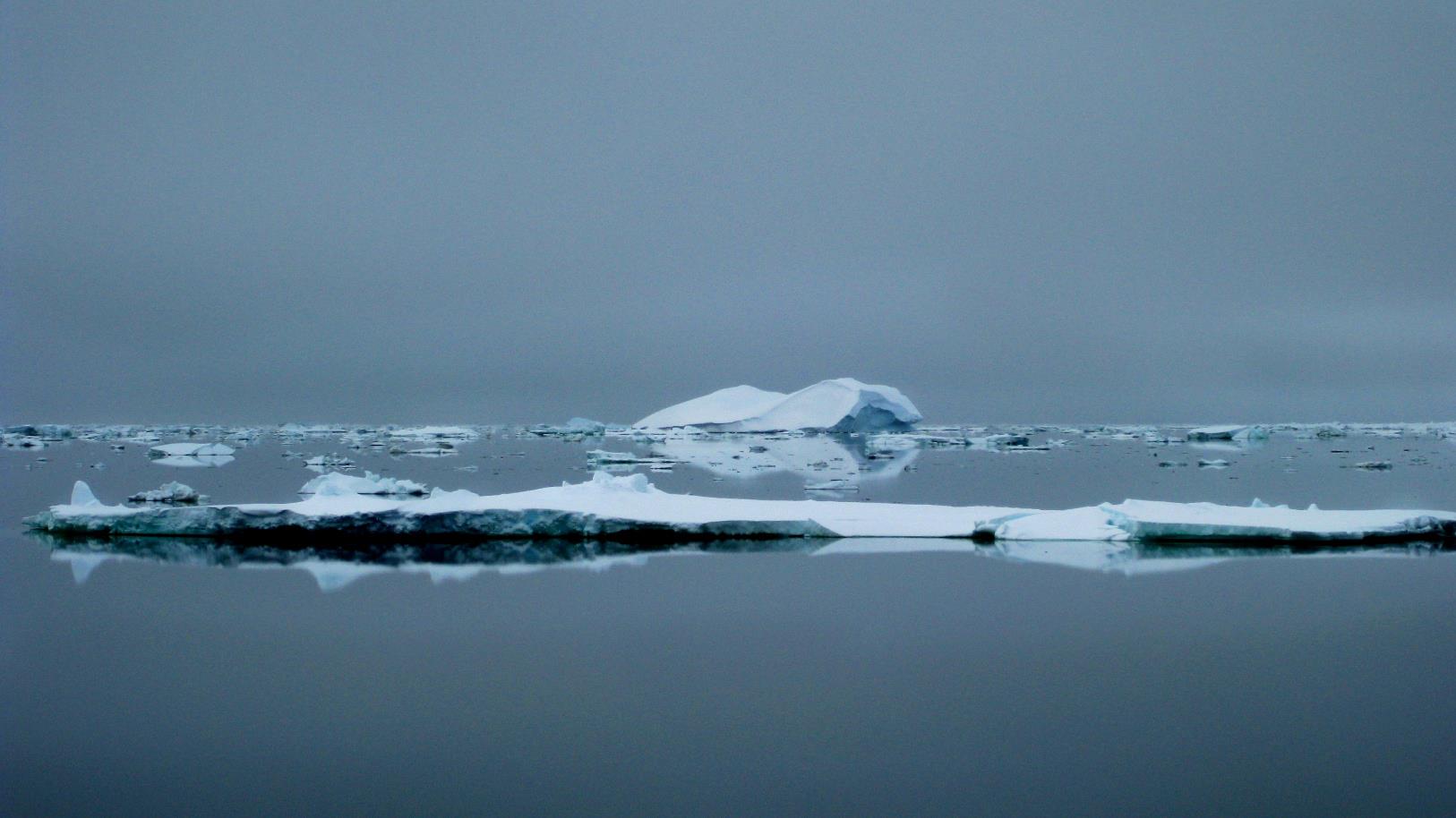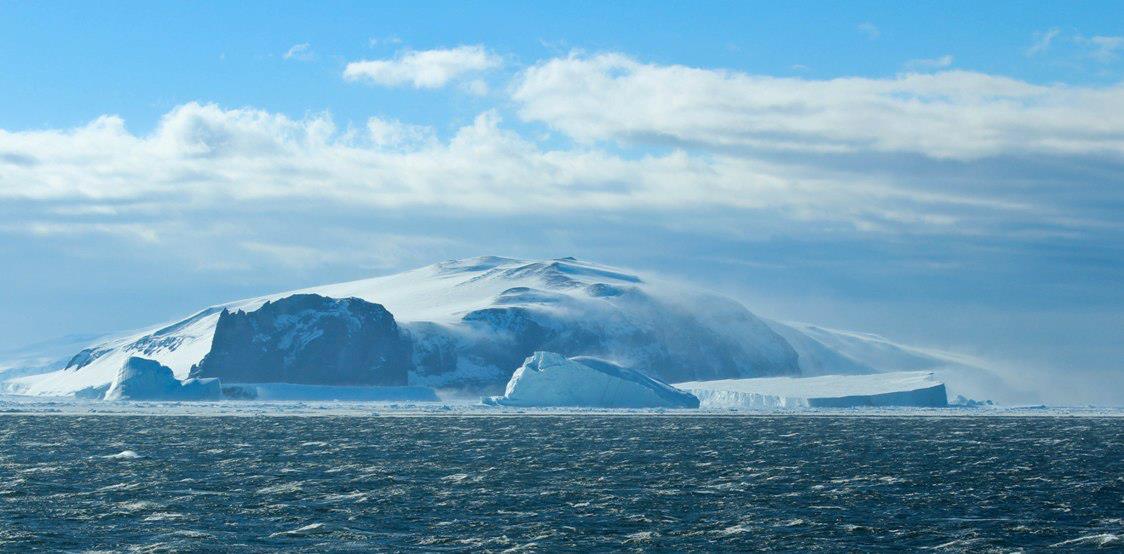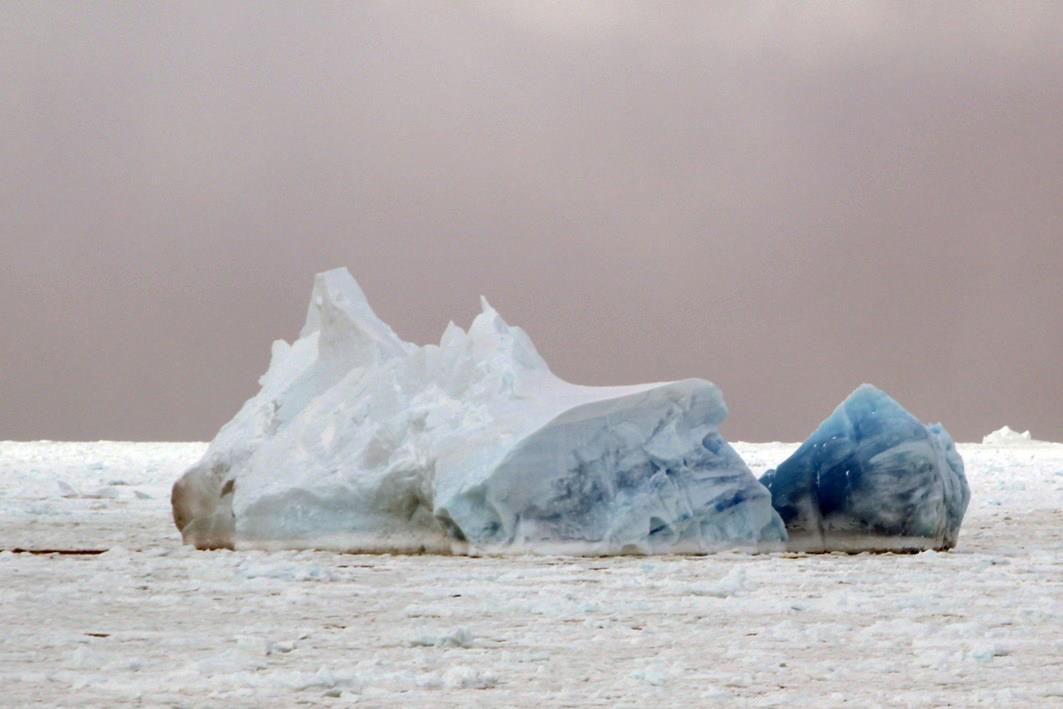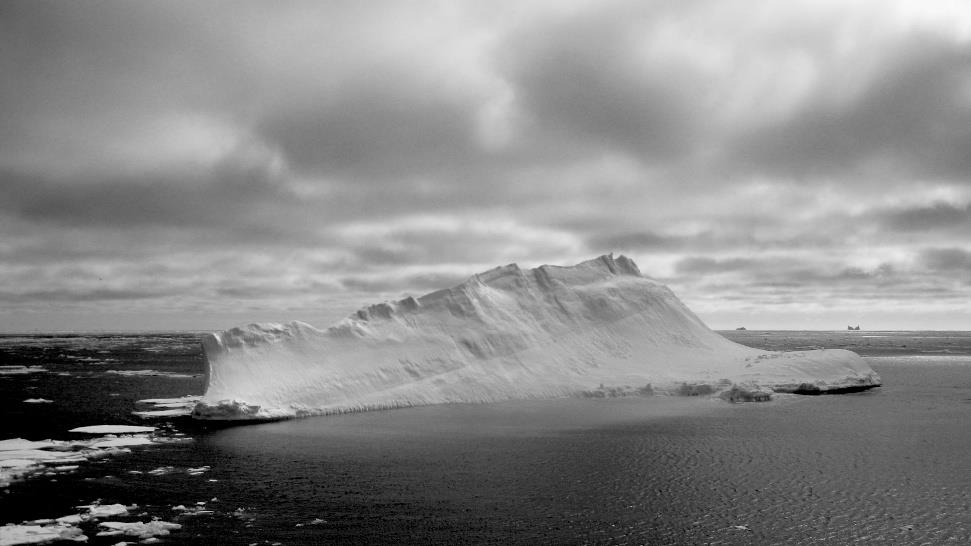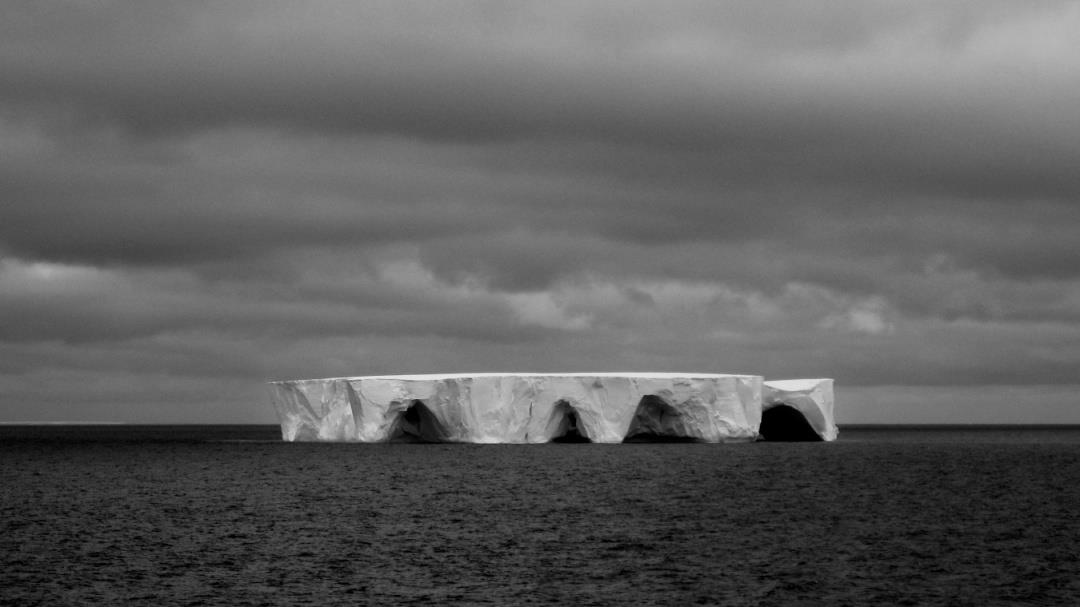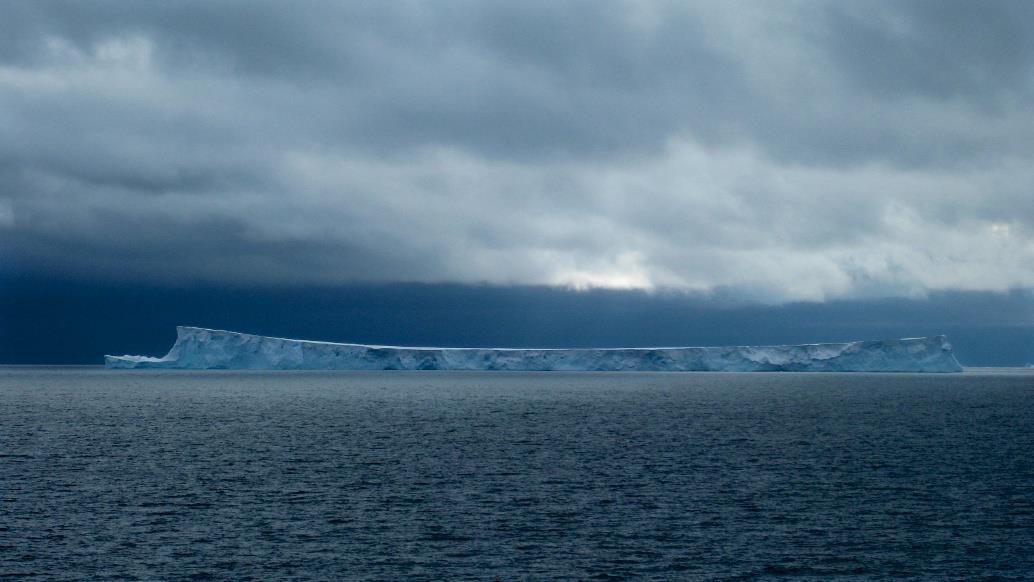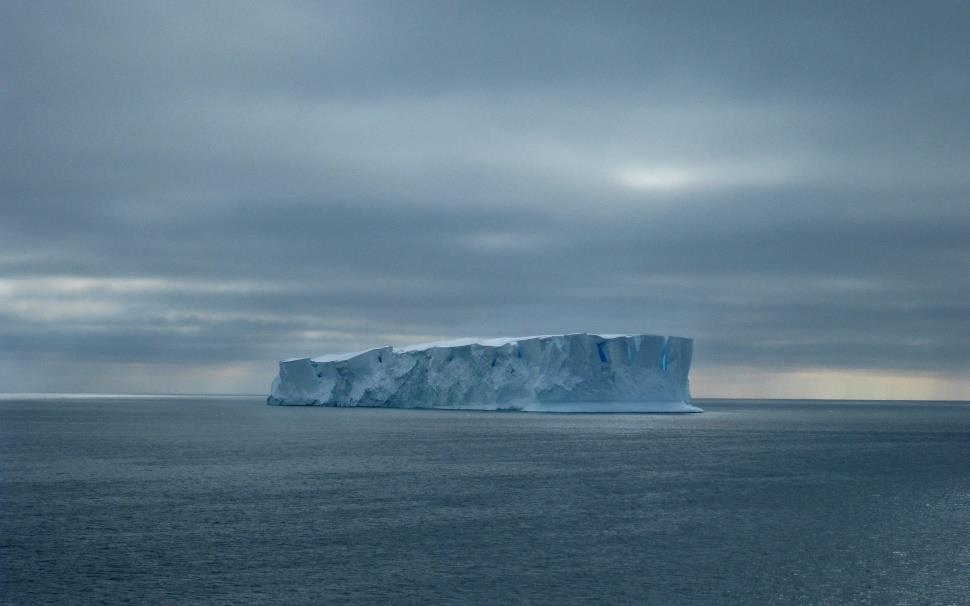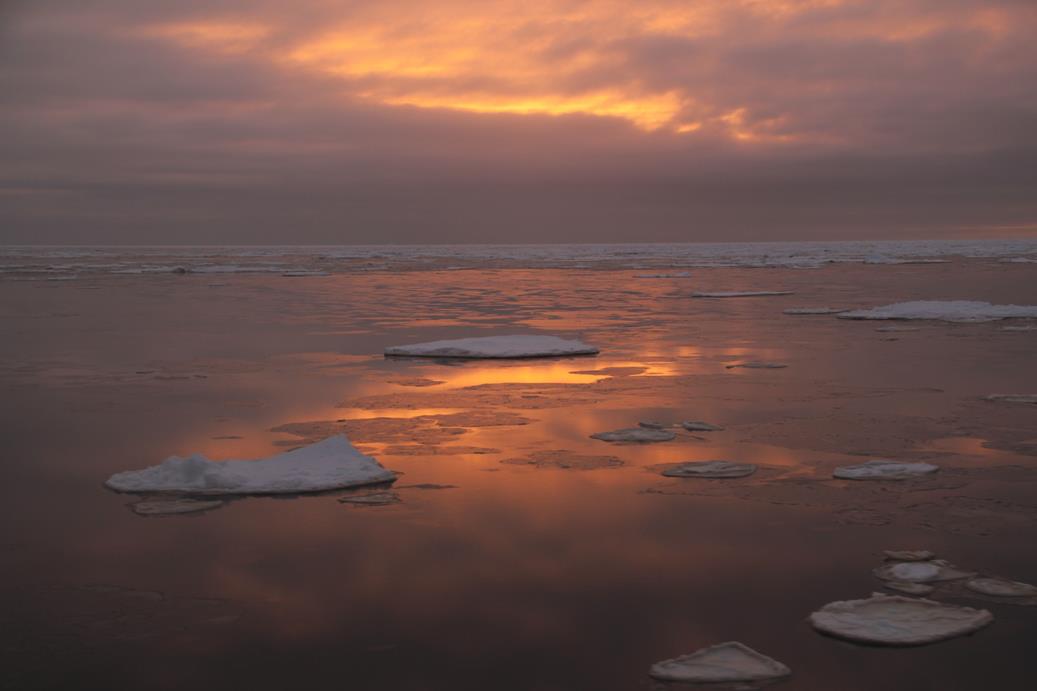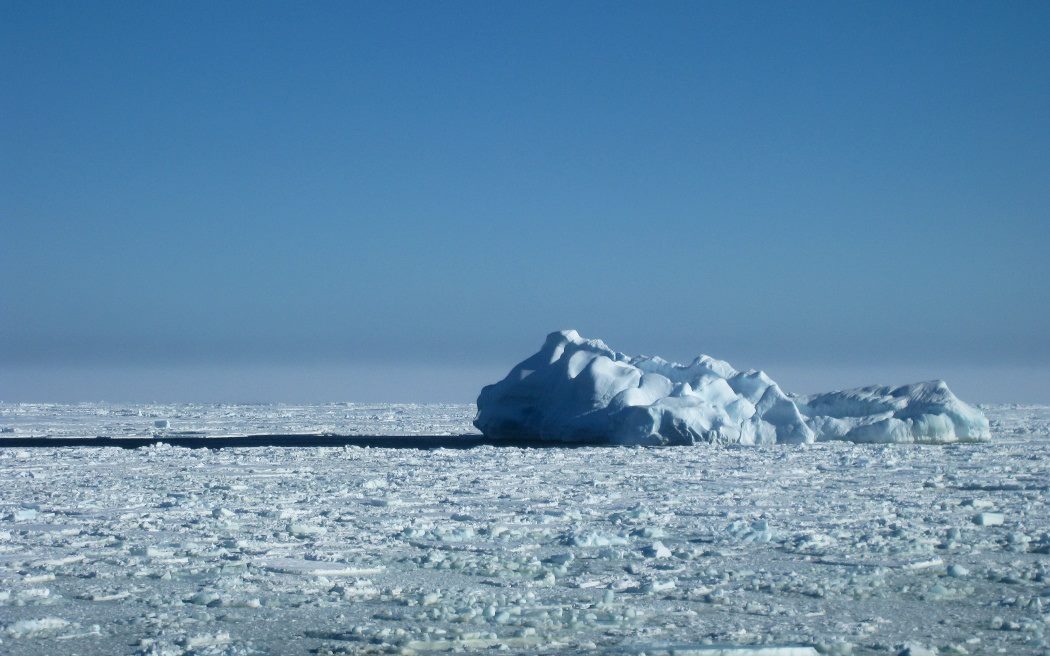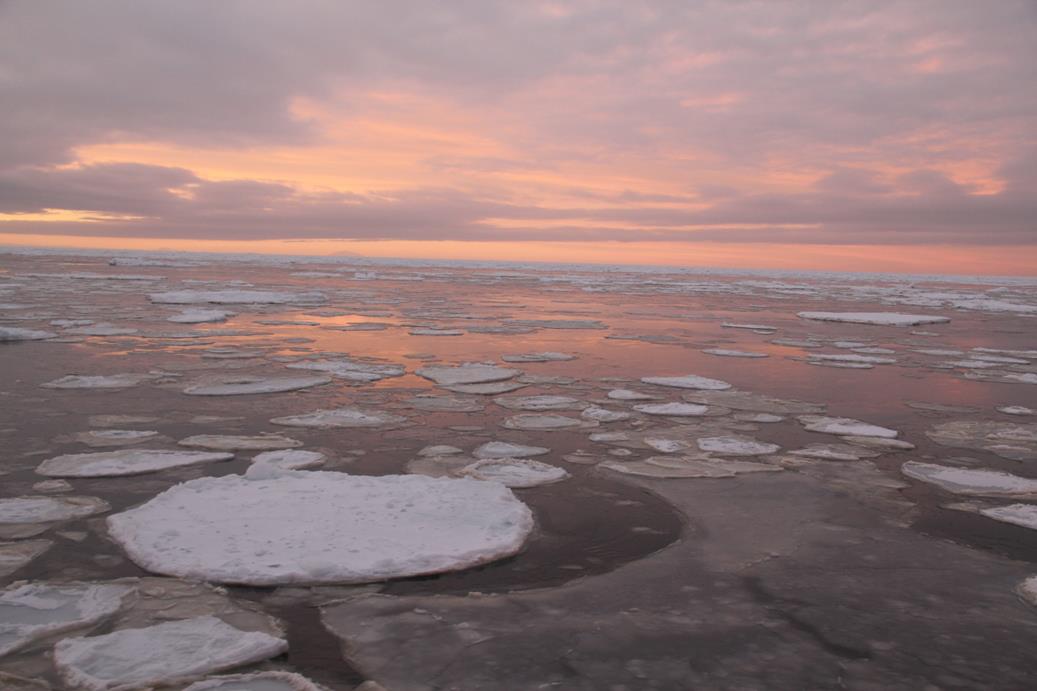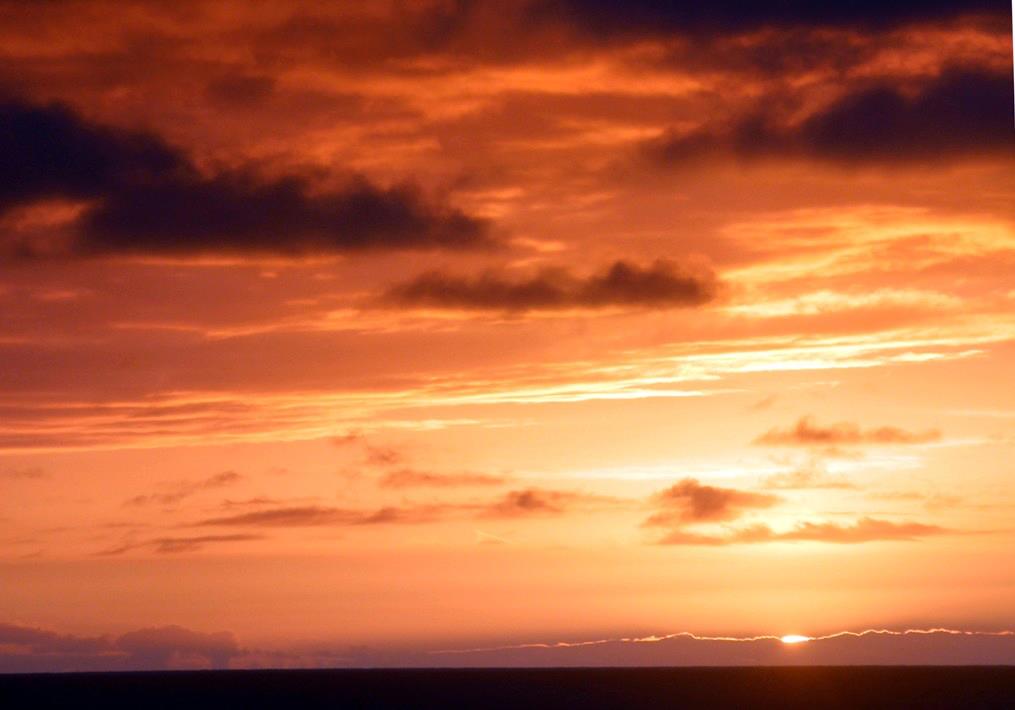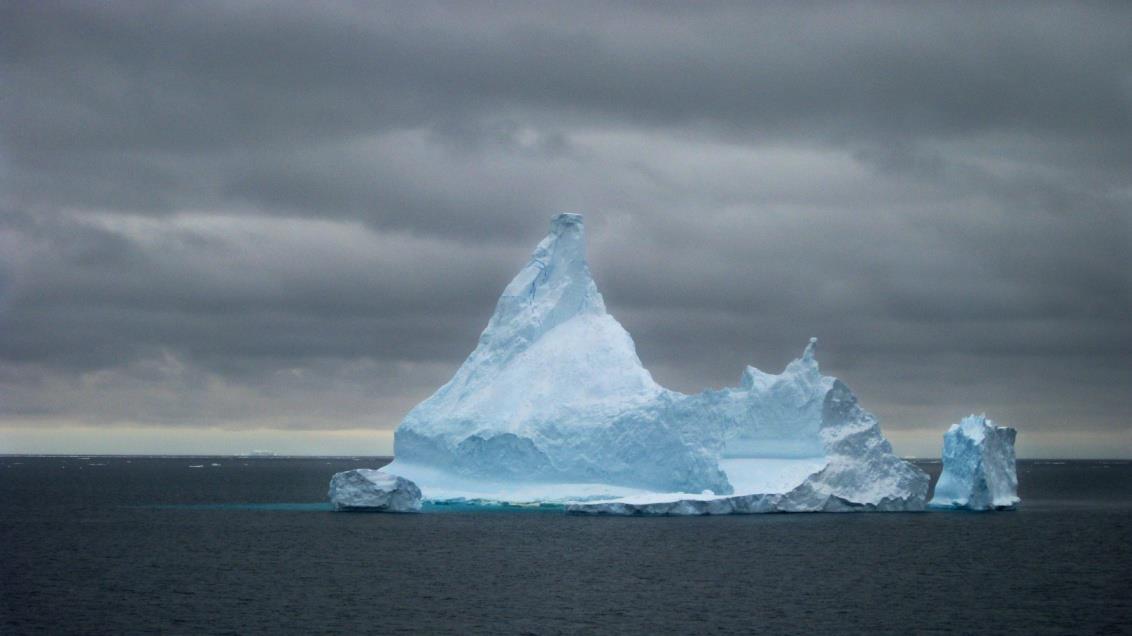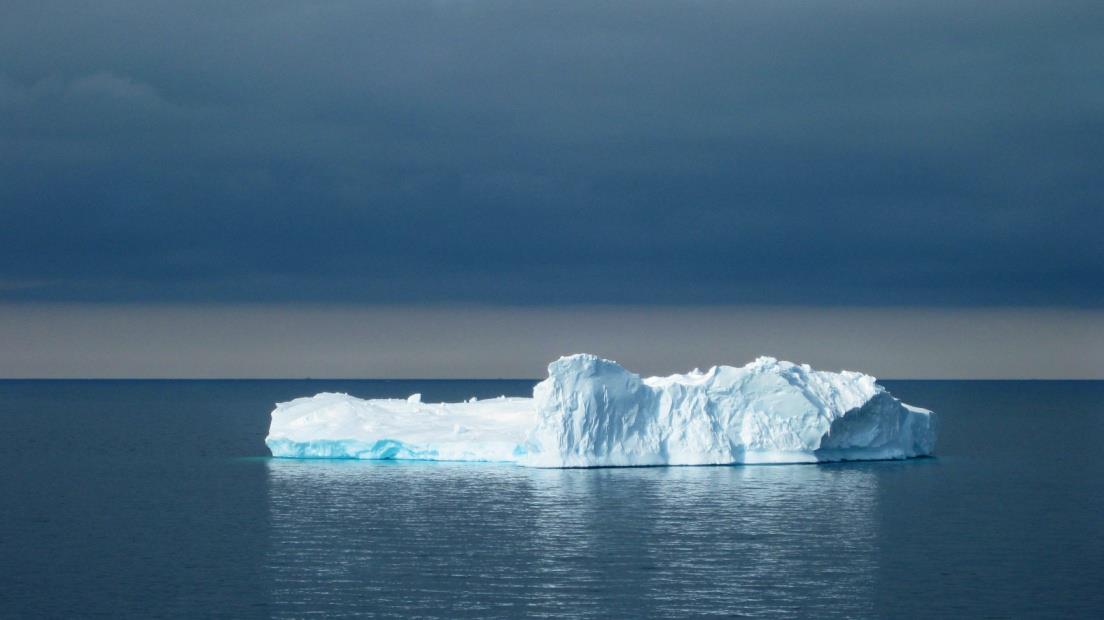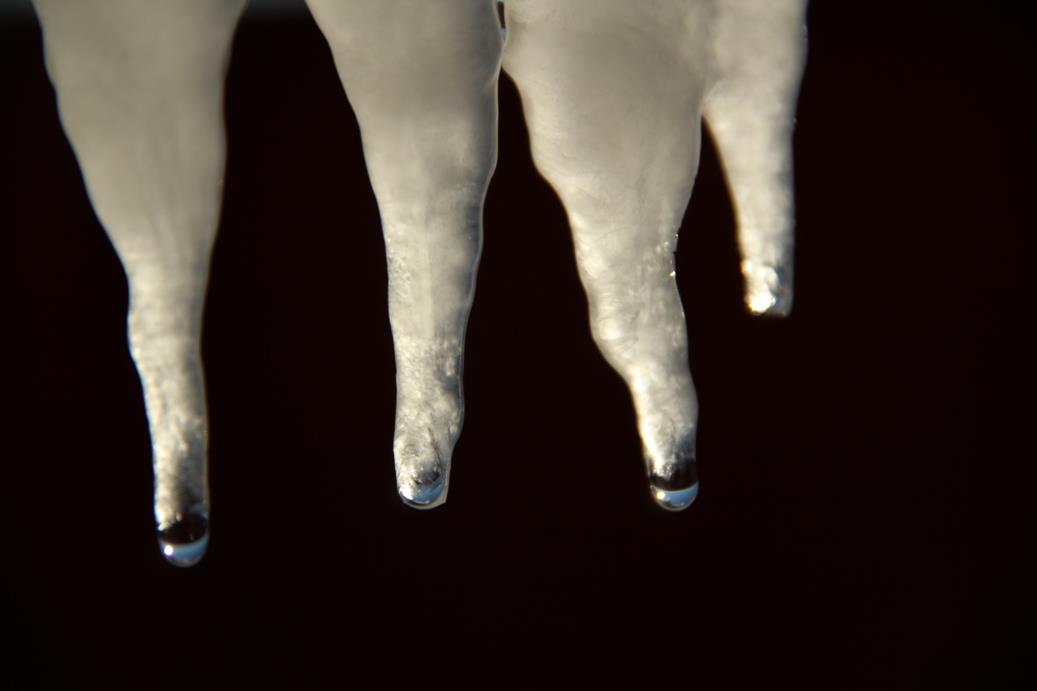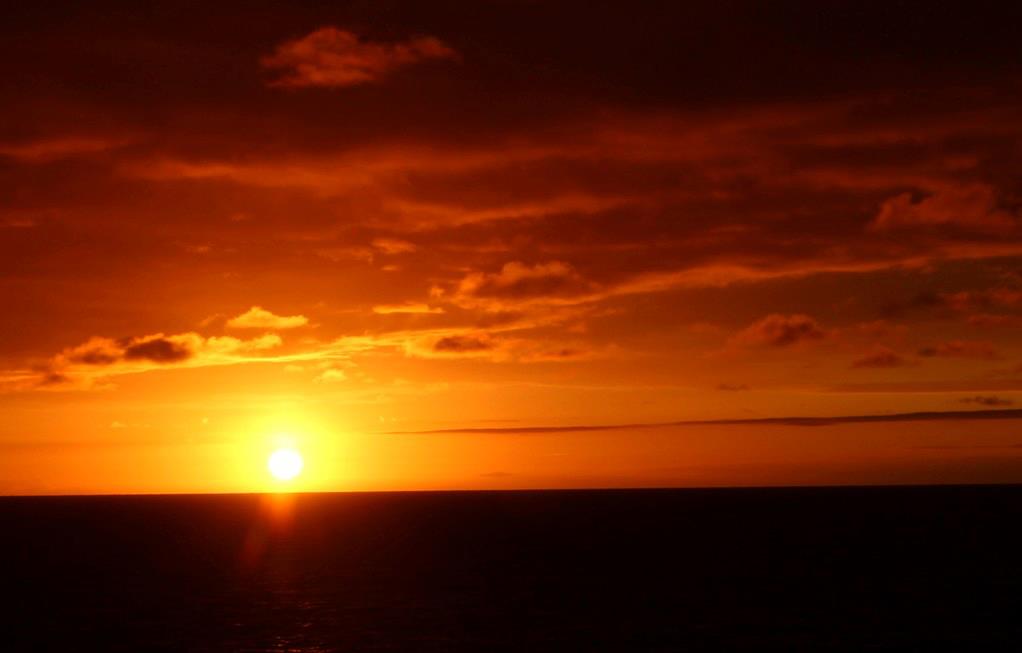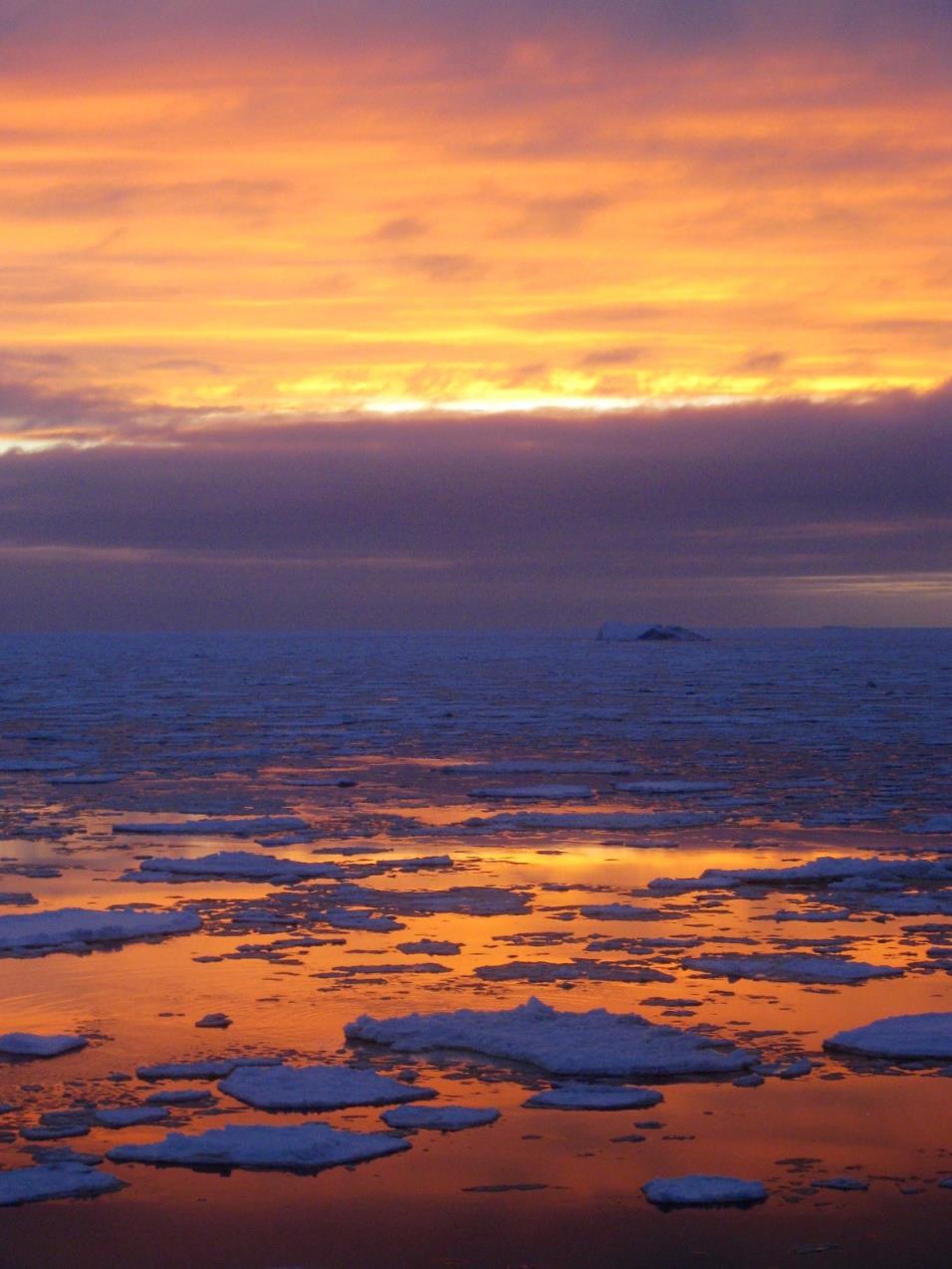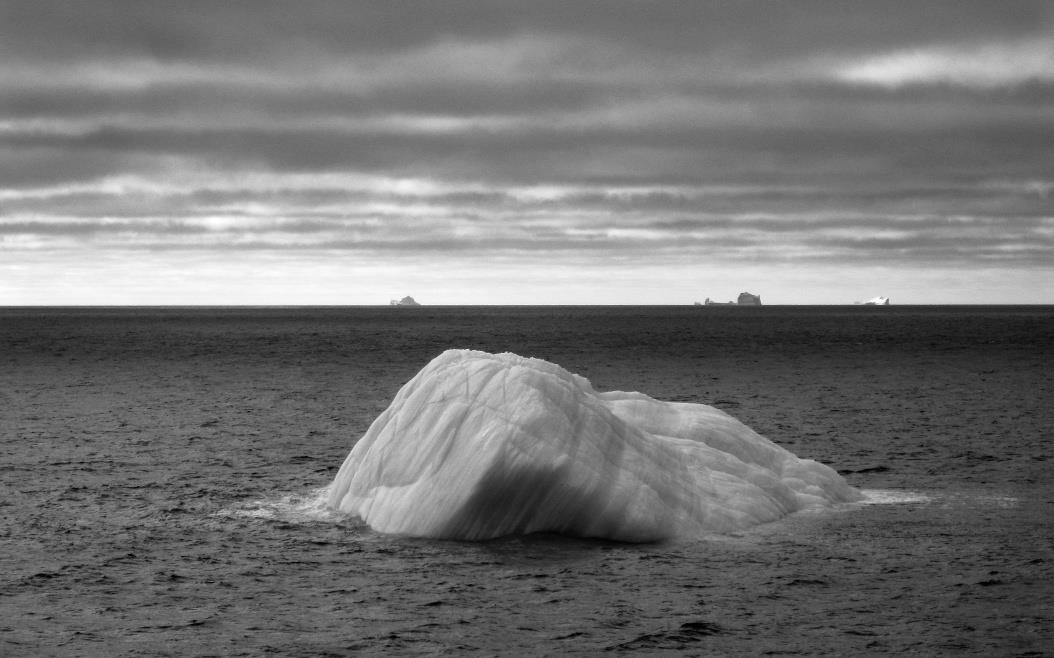ISB in Antarctica: Snow Blinks and Water Skies
 isbscience.org/news/2013/02/27/isb-in-antarctica-snow-blinks-and-water-skies/
isbscience.org/news/2013/02/27/isb-in-antarctica-snow-blinks-and-water-skies/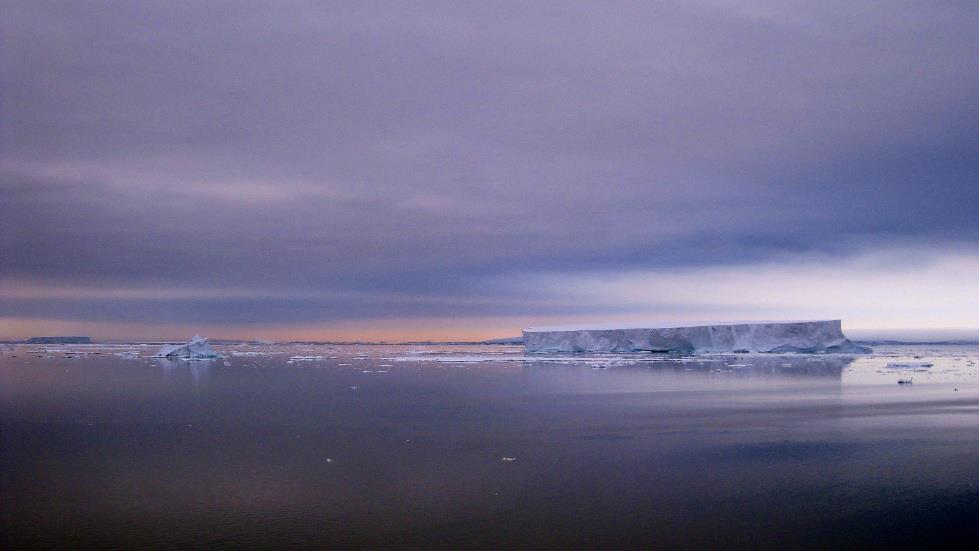
By Allison Lee
My eyes behold a feast of pleasant views. Today I learned the difference between “snow blink” and “water sky.” When it is overcast, some parts of the sky look black and stormy. In Seattle, we would say, “Looks like a storm is a brewing.” Here in Antarctica, they call that “water sky.” That is sky that is reflecting the blackness of the sea. Sailors know that open water lies just yonder and they head towards it. “Snow blink” is when the overcast sky looks very white. It is reflecting the ice. If you head that direction, you only get more and more into the ice. Currently, our boat is ice-locked and we are floating along with the ice flow. It’s bizarre, because, while the ship is physically drifting northward, the scenery doesn’t change at all.



